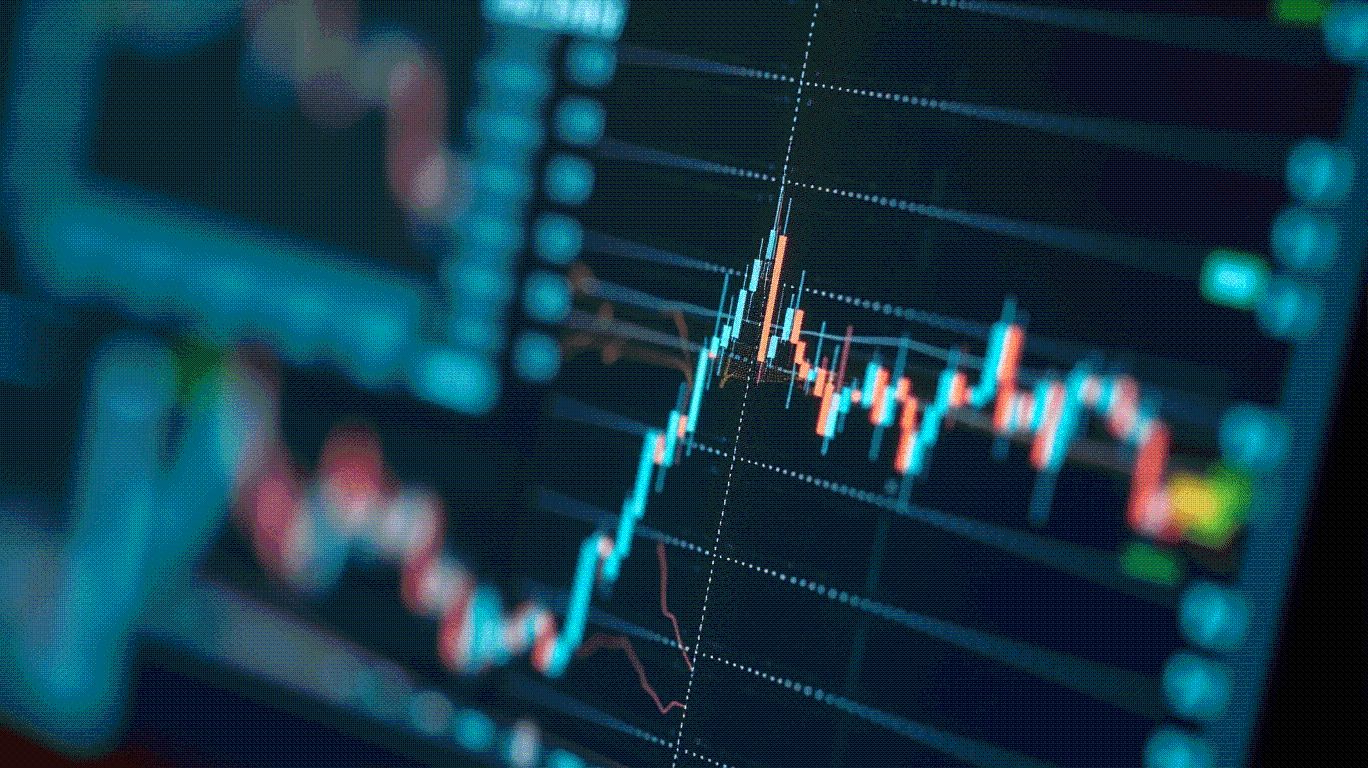SEC and Ripple End Prolonged Legal Standoff
- Ripple, SEC drop appeals, finalizing legal battle.
- Ripple pays $125 million penalty.
- XRP’s legal status as “not a security” upheld.
Brad Garlinghouse and the SEC have agreed to drop their appeals in a case involving a $1.3 billion securities dispute, concluding a five-year saga.
The resolution of this case underscores Ripple’s focus on developing “the Internet of Value,” soothing investor sentiment with XRP’s status reaffirmed in secondary sales, causing a minor market uptick.
Ripple Labs, led by CEO Brad Garlinghouse and Chief Legal Officer Stuart Alderoty, has reached a settlement with the SEC, withdrawing cross-appeals, and paying a $125 million civil penalty, significantly reduced from the initial demand. The SEC had alleged Ripple’s unregistered sale of XRP totaling $1.3 billion. With appeals withdrawn, Ripple now refocuses on tech development, a move applauded by many crypto specialists.
This decision elicits relief within the market, leading to a modest 1.4% rise in XRP’s price. Ripple’s leaders maintain that XRP’s legal standing remains firm, ensuring the company’s operational continuity. The end of this lengthy legal battle may create positive ripples within the crypto sector, providing a potential blueprint for future regulatory interactions.
Past SEC cases on firms like Block.one have typically resulted in settlements without clear secondary market status. Ripple’s outcome here serves as a unique precedent, reassuring stakeholders. The legal clarification might encourage further compliance among crypto companies while fostering investor confidence. Historical precedents highlight a greater necessity for legal clarity in crypto’s evolving regulatory landscape. SEC’s decisions in similar disputes have often lacked explicit rulings on a token’s secondary market status, except where Ripple is concerned.
“We’re closing this chapter once and for all.” He emphasized Ripple would focus on “building the Internet of Value.” and stated, “Ripple is dropping our cross appeal, and the SEC is expected to drop their appeal, as they’ve previously said.” – Brad Garlinghouse, CEO, Ripple
Disclaimer: The content of this article solely reflects the author's opinion and does not represent the platform in any capacity. This article is not intended to serve as a reference for making investment decisions.
You may also like
From AI Islands to an Internet of Agents, Here’s Why 2025 Feels Like a Turning Point

ONG -4538.24% in 1 Year Amid Regulatory and Market Pressures
- ONG, a digital asset, plummeted 4538.24% in one year amid regulatory scrutiny and shifting market sentiment. - Analysts predict continued downward pressure, with technical indicators like RSI and MACD reinforcing a bearish outlook. - A backtesting strategy using RSI and MACD suggests shorting opportunities as the asset remains below key moving averages. - ONG’s prolonged oversold RSI and bearish MACD signal extended declines, with no clear support level identified.

The Cost of Chaos: How AI Cybersecurity Risks Are Shaping Investment Decisions in 2025
- AI-driven enterprises face escalating ransomware risks in 2025, with average attack costs reaching $5.5–6 million due to AI-enhanced tactics like polymorphic malware and data poisoning. - Healthcare and finance sectors suffer disproportionate impacts, including 76% higher AI-assisted attacks in healthcare and $3.3M average ransoms in finance, driven by AI-generated phishing and multi-vector extortion. - Investors must prioritize adversarial AI training and secure API governance, as only 27% of organizati

Transatlantic Trade Rebalancing: High-Conviction Sectors and Investment Opportunities
- The 2025 U.S.-EU trade deal reduces tariffs and expands market access, boosting energy, aerospace, and industrial sectors. - Energy firms like Cheniere and NextEra gain from EU $750B procurement, while aerospace benefits from zero-tariff policies for Boeing and Airbus. - Agricultural exporters see preferential EU access despite EU farmer criticism, with defense/infrastructure ETFs (e.g., EUDG) rising 15.5% YTD. - Pharmaceutical companies adjust pricing amid 15% U.S. tariff caps, while investors shift tow
